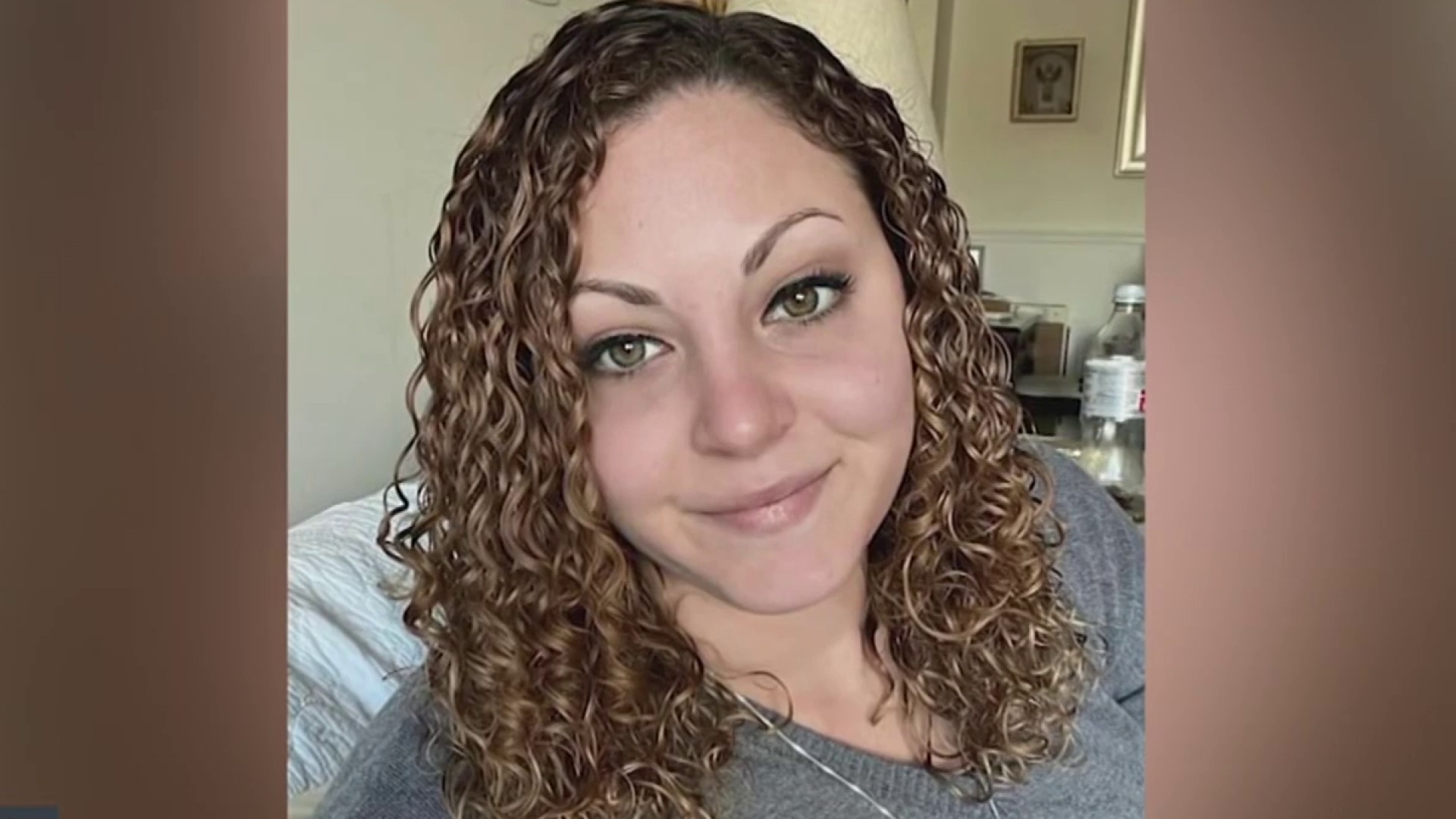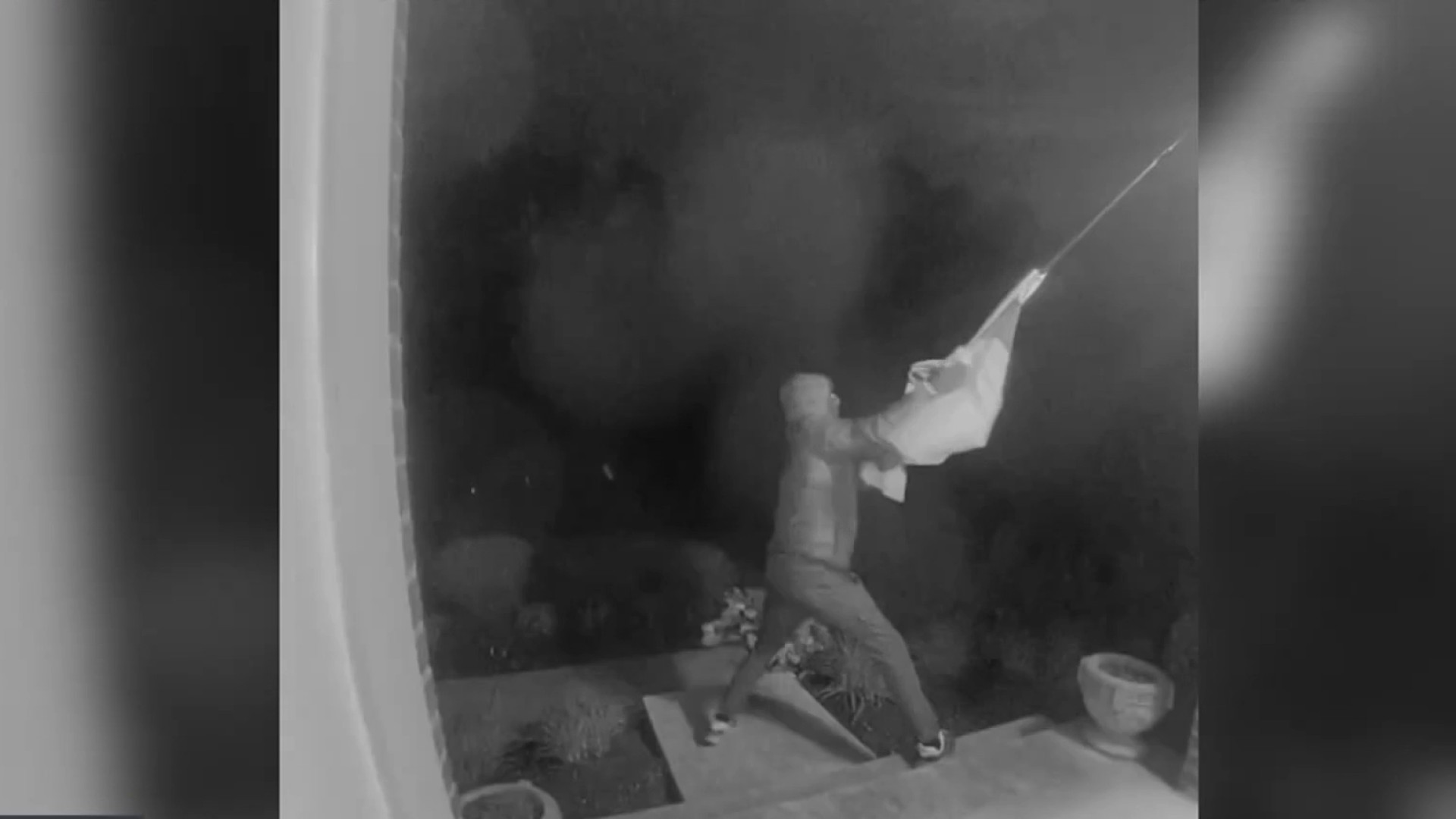A bill to revise the state song of Maryland to remove Civil War-era references to "Northern scum'' and other phrases deemed offensive has stalled in the state House, a leading lawmaker said Thursday.
Democratic Del. Peter Hammen of Baltimore said he won't bring the bill to a vote in the committee he chairs because colleagues told him they need more time to consider what to do with the song "Maryland, My Maryland.'' The song was written in 1861 at the outset of the Civil War and was adopted by Maryland in 1939.
"Everybody has a different opinion on what it should be, and I think some would like to really look at different options,'' Hammen said Thursday of the decision to stall the bill that recently passed in the Senate. The Frederick News-Post first reported the decision Wednesday.
Set to the traditional seasonal tune of ``O Tannenbaum,'' the song refers to then-President Abraham Lincoln as a ``despot'' and exhorts Maryland to ``burst the tyrant's chain'' and secede from the Union at a time when Maryland was a slave state divided in sympathies between North and South.
The song was written by James Ryder Randall, then despondent over the death of a friend who was shot while protesting against the presence of Union troops in Baltimore early in the conflict. The lyrics speak of the need to ``burst the tyrant's chain'' and also say the state ``spurns the Northern scum.''
Proposed changes to the song that won Senate approval would have kept one verse from the old lyrics and added one from an 1894 poem by Frederick County educator John T. White that describes the state's natural beauty. The measure was considered a compromise, because it would have preserved the old song as the state's historic song, while creating a new official state song.
Sen. Ron Young, a Frederick County Democrat, said he was disappointed the measure won't be brought to a vote in the House this session. He said there have been attempts for years to try to change the song.
Local
Washington, D.C., Maryland and Virginia local news, events and information
"It's a bad song with bad words in it, and I think we're just passing another chance to get rid of it, and it will probably be several more years now'' before another opportunity to act on it arises, said Young.



